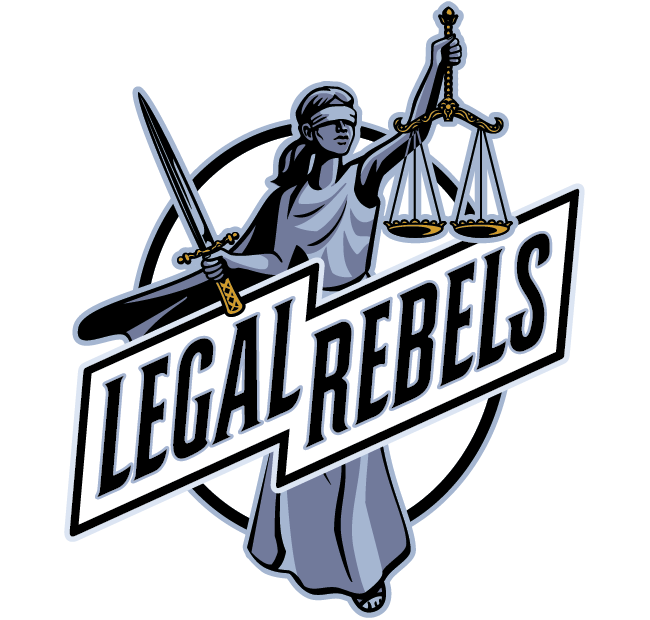
Typically cautious with new technology, attorneys are dipping their toes into “a sea change” of new generative artificial intelligence tools for e-discovery, says Mary Mack, CEO and chief legal technologist at Electronic Discovery Reference Model. “We’re seeing more and more interest in the educational programs that we run on generative AI.”
She adds: “This change is going to be fast, but fast in lawyer terms.”
A host of vendors have produced generative AI tools for e-discovery. Some, like CoCounsel, offer research and document review within a larger suite of capabilities. LexisNexis released Lexis+ AI, a platform for case research and document drafting. Meanwhile, Lighthouse, Everlaw and Relativity focus specifically on e-discovery tasks.
Despite a cloud of concerns over client confidentiality, “ChatGPT has created this comfort level and belief because [the clients have] played with it, and it creates these magical responses,” says Ian Wilson, founder and CEO of Servient, an e-discovery platform.
Generative AI’s strengths include sorting documents by conversation topics and speakers, creating a timeline of who talked to whom, writing draft reports and serving up links to the actual documents. Attorneys using Cloud Court, software that mines and analyzes testimony outcomes, for instance, can learn that “if you ask a question about this specific topic, the witness is probably going to pause and get upset,” Mack says.
“Whether it’s a deposition transcript or a hearing transcript, the ability to summarize and reach out into other datasets to say, ‘find more like this’ will also be very impactful,” says Janet Sullivan, White & Case’s e-discovery counsel and global director of practice technology.
Expectations have changed around higher-stakes areas like privilege logs. A year ago, vendors were focused on building tools to allow humans to make decisions and explain those decisions efficiently, says Jay Worthington, a member of Cloud Court’s board of advisors. “Now, they’re all racing as fast as they can to build tools that will automate that decision loop.”
Not so fast, says Maura Grossman, a research professor in the computer science school at Canada’s University of Waterloo. Grossman co-wrote a groundbreaking 2011 paper about how technology-assisted review, which uses algorithms to classify documents based on input from expert reviewers, could be more effective and efficient in e-discovery than what had been the gold standard up to that point: manual review.
As far as generative AI, it remains to be seen “whether people sort of get bored of hype or somebody can actually show that it actually has uses that are really efficient and effective,” the 2016 ABA Journal Legal Rebel says. “It’s like Star Wars, and it looks cool. If it catches on, that’s hard to predict—along with whether consumers will perceive this as having more risk than, say, technology-assisted review.”
Experts agree users should stay away from open-source options like ChatGPT. It’s known to hallucinate, and it retains prompt and other input information, potentially compromising client confidentiality.
Instead, opt for software with a commercial license and have contracts with protective orders committed to not saving prompts or sharing information, Mack says.
Carefully craft prompts, and avoid asking for information beyond the bounded dataset, Worthington says.
“The risk of falling into a hallucinated trapdoor increases exponentially when you step out of bounded data universes,” he adds.
Locked in: Criminal justice startups tap into generative AI’s early promise
Bridging the Gap: Lawyers trying to increase access to justice see promise in generative AI
Helping Hand: Generative AI already is making an impact on legal research and writing
Always on: Will generative AI alleviate burnout or make lawyers more miserable?
Head of the Class: Law schools consider post-ChatGPT coursework
Age of e-Discovery: Generative AI could revolutionize e-discovery—but buyer beware
Rewiring Entry: How AI could blur the borders of immigration law
This story was originally published in the February-March 2024 issue of the ABA Journal.